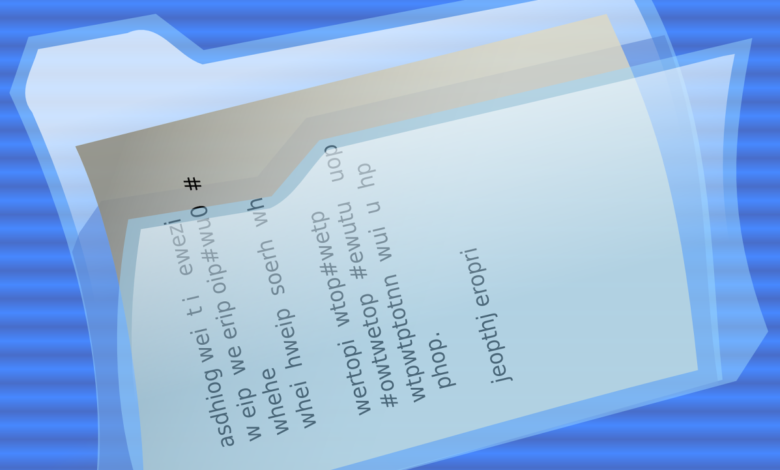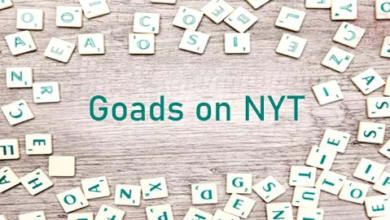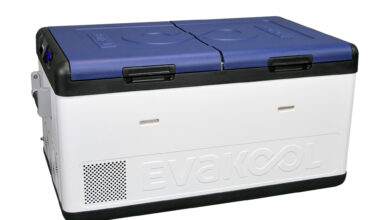What Is Considered Confidential Information?

If you have a small or large business, you have likely heard about confidential information and an NDA, but do you understand what they mean? Why do you need to protect confidential information, and why is an NDA necessary?
It’s always a fantastic idea to fully understand your rights and what types of confidential information you should protect. If you are signing an NDA or asking others to sign an NDA, you should grasp what it protects you against or what you are allowed to share contractually.
To learn more about what confidential information is, keep reading. You may be surprised at what qualifies.
What is Confidential Information?
Confidential information can be a lot of things. Still, when you look at it in the context of a company, it is generally anything you learn while working for a company that you would not otherwise learn elsewhere. This can include trade secrets, business dealings, payroll information, and more.
For an individual, confidential information can include your health records, financial information, address, etc. If you are sharing this information with another party, they cannot use it for personal gain. You don’t want them sharing it was advertisers, for example, or any unauthorized third parties.
Should you provide any of this information to a third party, you want to make sure you read your contract and fully understand how your information is being used.
Examples of How Confidential Information Can Be Used
Wondering how your personal information can be used if you are an individual? Fraud and people looking to steal identities can use your personal information to take our credit cards in your name or get prescription drugs. If they are not caught, they can ruin your credit, and it can be pretty hard to track them down.
Suppose you are a small company. You don’t want a trade secret getting out to third parties. The information you have at your company is valuable to you, and therefore you don’t want it getting out into the world. This is why most companies have their employees sign an NDA of some sort.
We’ll get more into what an NDA is in the next section.
What Is an NDA?
An NDA, also known as a nondisclosure agreement or confidentiality agreement, is used between two or more parties to help define what kind of confidential information can and cannot be shared. I
This agreement will clearly define what the company or individual considers confidential and how long the NDA will last. This depends on the party that is implementing the NDA, but they generally last between eighteen months and two years.
Read More about Is Alco Fashion Legit?
What Information is Protected Under an NDA?
This will really depend on who is preparing the NDA. When it comes to a company or individual, what they consider confidential information can vary a ton.
Some examples of information that might be protected under an NDA can include:
- Proprietary Information
- Patents
- Research Data
- Credit Card Information
- Health Data
- Customer Information Lists
- Social Security Numbers
- And more
Understandably, a company would want to protect this kind of information. They want their employees to feel safe ad secure working at their company and need to protect their interests should someone decide to share company secrets.
How to Use Cybersecurity to Protect Your Confidential Information
Now that you understand what confidential information is, let’s delve into protecting it from third parties. Having a department dedicated to cybersecurity or partnering with an MSP (Managed Service Provider) can help you protect your information from prying eyes.
If you want to learn about MSPs, read more to find out how they can help you.
With more people working from home, more threats to confidential information leaks and cybersecurity issues than ever before. Home internet connections don’t have the same kind of security as an office network, so you want to make sure you’re prepared for the worst.
As an individual, it also might be a good idea to consider upping your cybersecurity at home. According to a study, cybercrime will cost the world $6 trillion by 2021. This kind of crime is more common. It’s a great idea to protect yourself as much as you can now.
What Happens if Somone Breaches a Confidentiality Agreement (NDA)?
If you or someone who signed an NDA for you breaches the contract, a few things can happen. The person who breaks the agreement will open themselves up to a lawsuit and may have to pay financial damages depending on what information they shared.
Read your contract thoroughly to avoid these issues and understand what you can and cannot say. If you think that you might be sharing confidential information, ask before you do or don’t share it at all. The best way to protect yourself is not to say anything at all.
If you are speaking out against sexual abuse or violence in the workplace, you might be able to break your NDA, but you can still open yourself up to a lawsuit. Speak with a lawyer before sharing any information covered in your NDA.
Now You Have a Full Understanding Of What Confidential Information Is
If you want to protect your company from confidential information leaks, understanding what is confidential is the first step. Know your rights as a company and ensure there are no breaches of NDAs or other confidentiality contracts.
Want to know more about finance and technology? You can find what you’re looking for on our blog. Check out what we have to say on some of our other pages.





